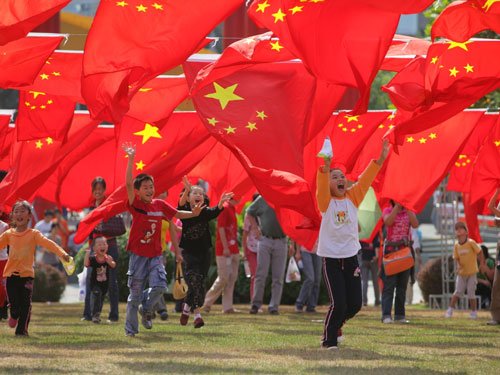Jura The idiot
General
now I read
New growth drivers break new ground for Chinese economy: Premier Li
Xinhua| 2018-09-19 15:22:27
I could imagine what "information consumption" might be, not sure though what's "green consumption" above
New growth drivers break new ground for Chinese economy: Premier Li
Xinhua| 2018-09-19 15:22:27
***China has become a fertile land for global entrepreneurs and innovation, with new growth drivers breaking new ground for the country's economic development, Chinese Premier Li Keqiang said Wednesday.
"Among all industrial sectors, high-tech and advanced manufacturing have been taking the lead, while new business models have been constantly emerging in the service industry, and the upgrading of industrial structure has been on the fast track," he said at the opening plenary of the Annual Meeting of the New Champions 2018, known as Summer Davos.
"China's online retail sales went up by more than 30 percent annually, and emerging consumption, such as information consumption and green consumption, has also grown rapidly. Consumption has contributed more than 60 percent to China's economic growth," Li said.
Currently, significant changes are taking place in China's economic structure and growth pattern, while new growth drivers have contributed more than one-third to China's economic growth as well as to more than two-thirds of new jobs in Chinese cities and townships.
I could imagine what "information consumption" might be, not sure though what's "green consumption" above





